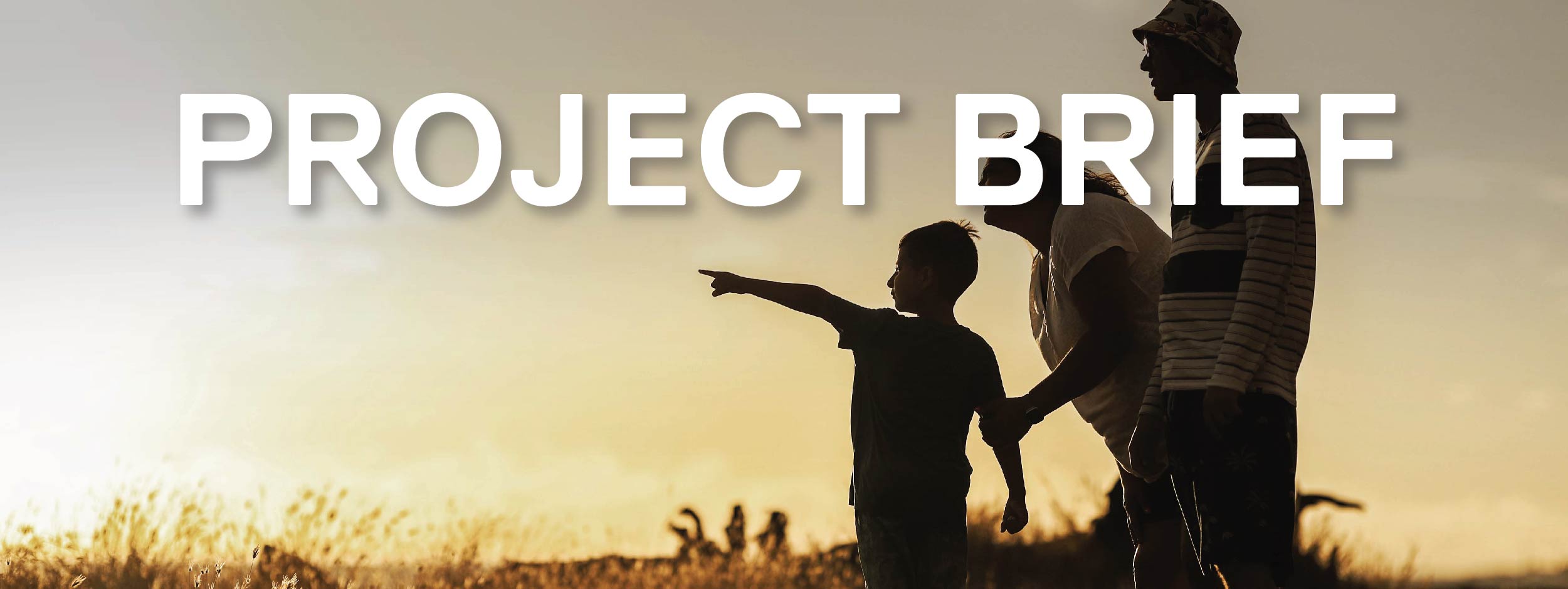International coalition for de-centred migration knowledge (DEMIKNOW)


The DEMIKNOW coalition brings together four migration research centres, located in India, China, Australia and Canada. The collaboration among these research centres – two in countries of the Global South and two in the Global North – will create a dialogue in which knowledge around drivers, processes and consequences of migration for families will be examined from multiple perspectives. Even though migration impacts not only destination countries but also countries of origin and transition, migration research is dominated by the Global North while the Global South is largely ignored. The DEMIKNOW coalition is designed to disrupt this inequitable relationship by creating opportunities for cross-learning about different research contexts: first, by each centre leading a small scale project in which at least one other centre participates; second, by exchanging visiting scholars; and, finally, by jointly developing a larger, more ambitious international research project.

- Which socio-economic, political and environmental factors influence families’ migration decisions? Where do families choose to migrate and why? How do families with similar demographic features transition through or settle in different locations?
- How do immigrant families with similar demographics experience the labour market and legal, educational and healthcare systems in comparable destinations? How do institutions in different countries respond to immigrants with similar backgrounds?
- How does migration affect family formations, dissolutions, roles and relationships in different contexts? How do identification markers like race, ethnicity, religion, socio-economic status, age and gender feature in settlement trajectories in comparable locations?
- What methodological (conceptual, legal, regulatory, socio-linguistic and ethical) issues emerge when studying migrant families in different contexts?

Migration is a complex phenomenon as it affects not just individuals but also their families, communities and countries in an interdependent way. However, migration research and discourses are dominated by scholars in the Global North while Global South perspectives remain invisible due to power imbalances in knowledge production and dissemination. International academic research, led by research centres in different countries, can illuminate these complexities and interdependencies, yielding new theoretical insights and methodological innovations.
The DEMIKNOW coalition will initiate collaborative projects reflecting multiple research priorities based on different perspectives, locations and contexts. The innovative comparative approach, rooted in equitable Global South/North collaboration, will lead to critical new insights about migration drivers, processes and consequences for families in diverse contexts. Moreover, lessons learned will inform the development of new collaborative models and methodological approaches that transcend the Global North/South divide in academic research.

Each centre will select specific research questions and lead its own comparative project along with at least one other centre. These studies will use a mixed-methods approach, including extensive literature review to contextualize the inquiry; primary data collected through interviews and surveys to test possibilities and limitations of data collection and access; and data analyses by researchers working in different countries. Partners will reflexively share learnings about collaboration challenges and benefits and prepare a larger joint international project to study international migration towards the end of the project.

We are at the data analysis stage of the project, simultaneously preparing manuscripts for publication and further publication collaboration. Working papers by each partner were published on the project website (link: https://www.torontomu.ca/decentering-migration-knowledge/working-papers/ ), including respective journal publications related to the project (link: https://www.torontomu.ca/decentering-migration-knowledge/publications/) .
Expected Completion: February 2025 (extended)

February 2024

SSHRC

School of Arts and Humanities, Edith Cowan University (Loretta Baldassar); National Research Centre for Resettlement, Hohai University, China (Sun Zhonggen); The International Institute of Migration and Development, Kerala, India (Irudaya Rajan).

international migration; family migration; North-South critical dialogue; coalition of research centres

